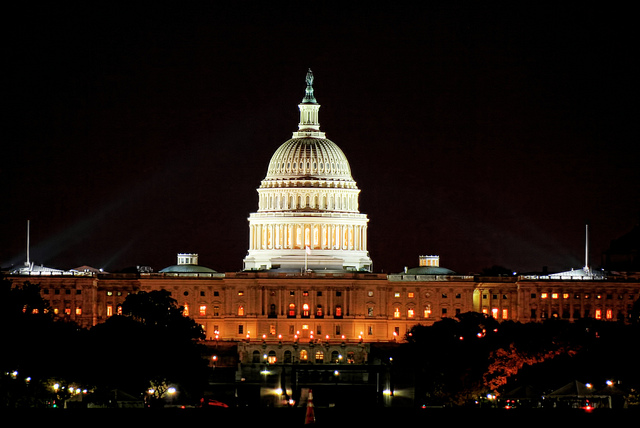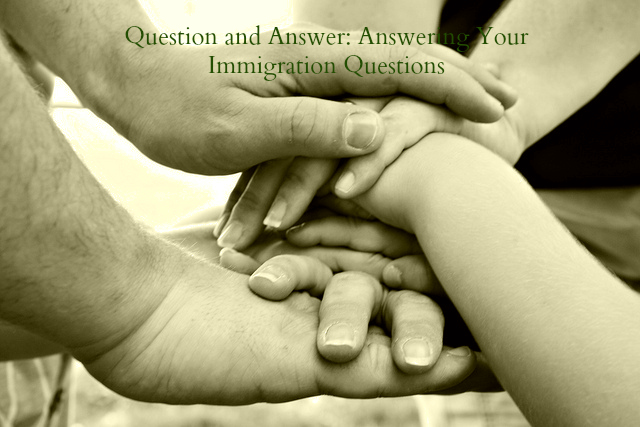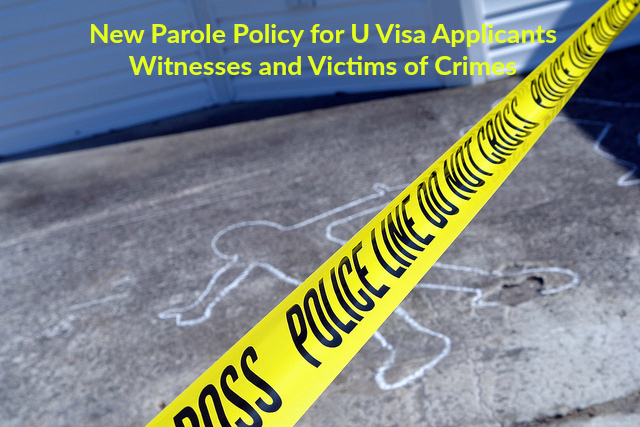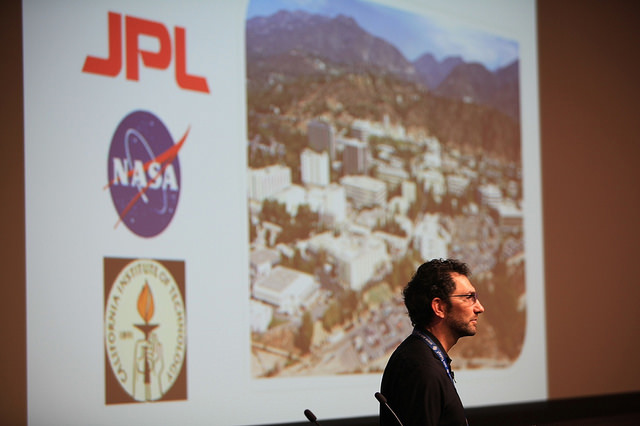In this post, we discuss the latest immigration news beginning with the recent Congressional Approval of the Continuing Resolution Act that will allow funding to continue for the EB-5, Conrad 30, and special non-ministerial religious worker programs for fiscal year 2017. With the passage of this Continuing Resolution, these programs will remain afloat at least for the time being. On September 28, 2016 Congress averted a government shutdown by continuing funding for key programs with the passage of the Continuing Appropriations and Military Construction, Veterans Affairs, and Related Agencies Appropriations Act of 2017. This Act will extend the EB-5 Regional Center Program and EB-4 non-minister special immigrant visa program for religious workers until December 9, 2016. In terms of adjustment of status filing dates for employment-based preference categories, USCIS has announced that for the month of October, foreign nationals seeking to apply for employment-based adjustment of status (EB-1 to EB-4 preference categories) may do so by using the Dates for Filing Applications Chart of the October Visa Bulletin for 2016. EB-5 adjustment of status applicants must use the Final Action Dates chart of the October Visa Bulletin.
What does this mean?
The signing of the Continuing Resolution Act means that this year we will not be facing a government shutdown as in previous years. This is very good news given that the upcoming elections (both for the U.S. president and Congressmen and women) may have been a factor in Congress not being able to meet the deadline to continue government funding for these key programs. EB-5, Conrad, and non-ministerial religious worker programs will continue without interruptions since these programs are part of the CR.
What will happen after December 9, 2016?
On December 9th the government will be facing another deadline that will require Congress to continue funding these very important programs. If Congress does not meet the funding deadline for these programs through the passage of another Continuing Resolution or Omnibus package, the government could face another shutdown. This would take place after the elections, but before the new Congress is in session. If an Omnibus is passed, the possibility of reforms and/or changes to the EB-5, Conrad, or non-ministerial religious worker programs is worth noting. Recent controversies may lead to reforms in the EB-5 program although it is unlikely that major reforms and/or changes to the EB-5 program will pan out before the December 9th deadline.
 Visa Lawyer Blog
Visa Lawyer Blog













